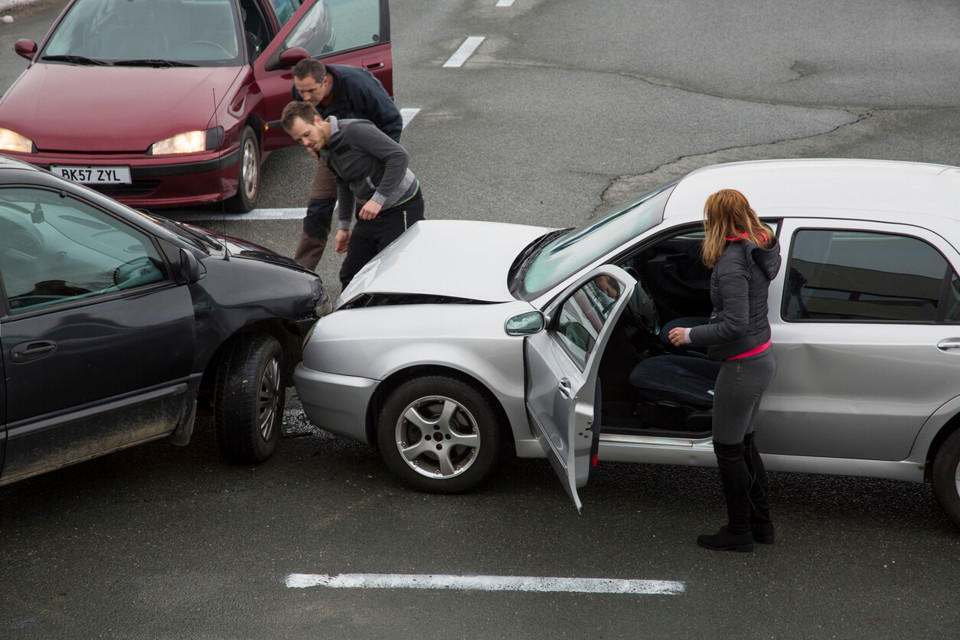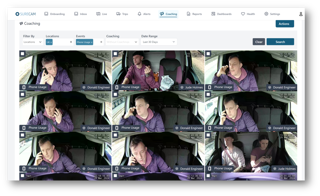The Government appears to have opened the door for the creation of a new safety reporting regulation which will require vehicle accidents involving at-work drivers to be officially recorded and reported.
Safety organisations believe lives could be saved and serious injuries cut if a new approach to the way accidents involving at-work drivers are investigated and recorded is adopted. An estimated 200 workers are killed or seriously injured every week on the UK’s roads.
At present, vehicle accidents do not have to be recorded under RIDDOR (Reporting of Injuries, Diseases and Dangerous Occurrences Regulations 1995), despite long-standing calls from RoSPA for them to be included.
Under-secretary of state for transport Norman Baker described a move to require the reporting and investigation of at-work driving accidents as “certainly attractive”, but added: “I’m not sure what’s in place now is fit for purpose for that.”
The Health and Safety Executive is currently reviewing RIDDOR, expected to last into 2011, after a recommendation from Lord Young.
His health and safety report Common Sense, Common Safety, published in September, urged the HSE to re-examine RIDDOR to determine whether it is the best approach to providing an accurate picture of workplace accidents.
When asked whether the review could lead to a new approach, one which included vehicles, Baker said: “That’s theoretically possible. Using this particular method I’m not sure that it works. What this does is to raise the issue.”
RoSPA believes accident data will help businesses to learn from incidents involving their drivers.
“Employers should be required to investigate incidents involving at-work drivers and the police should be required to consider the circumstances,” said Roger Bibbings, RoSPA’s occupational safety advisor.
“If an employer has to report such incidents to the authorities it’s able to draw a line in the sand and benchmark against future performance.”
Meanwhile, Bibbings says police traffic officers need to be better trained to understand the contributory factors in work-related road traffic accidents.
“The HSE should also include work related injuries in its sample survey work to make good the gap between RIDDOR and the actual level of incidents,” he added.
RoSPA has been calling for the way road traffic accidents involving at-work drivers are reported to be improved for more than a decade.
Almost two-thirds of fleets (64%) that responded to a Fleet News poll in March wanted incidents involving at-work drivers to be included under RIDDOR.
John Lewis, chief executive of the BVRLA, believes an in-house approach of reporting all off-site road incidents as part of a work-related road safety programme is more realistic.
“This information should then be made available to the board and the non-executive directors who hold management accountable,” he said.
However, while recognising the importance of addressing the issue, ACFO chairman Julie Jenner said: “We must be mindful that we do not place an unnecessary reporting burden on organisations.”
At present, reporting of work-time injuries on the road to the HSE are limited to certain situations such as accidents during loading and unloading, vehicle recovery or to workers at roadworks. In-vehicle accidents on the highway are excluded.
What is RIDDOR?
Currently, under the Reporting of Injuries, Diseases and Dangerous Occurrences Regulations 1995,if a member of staff suffers an injury at work which prevents them from working for more than three days, it must be reported to the HSE’s Incident Contact Centre. One proposal from Lord Young is that this category would be amended so that the injury is reportable after more than seven days.
For more on accident management, come to the Fleet News accident management section.





















Login to comment
Comments
No comments have been made yet.